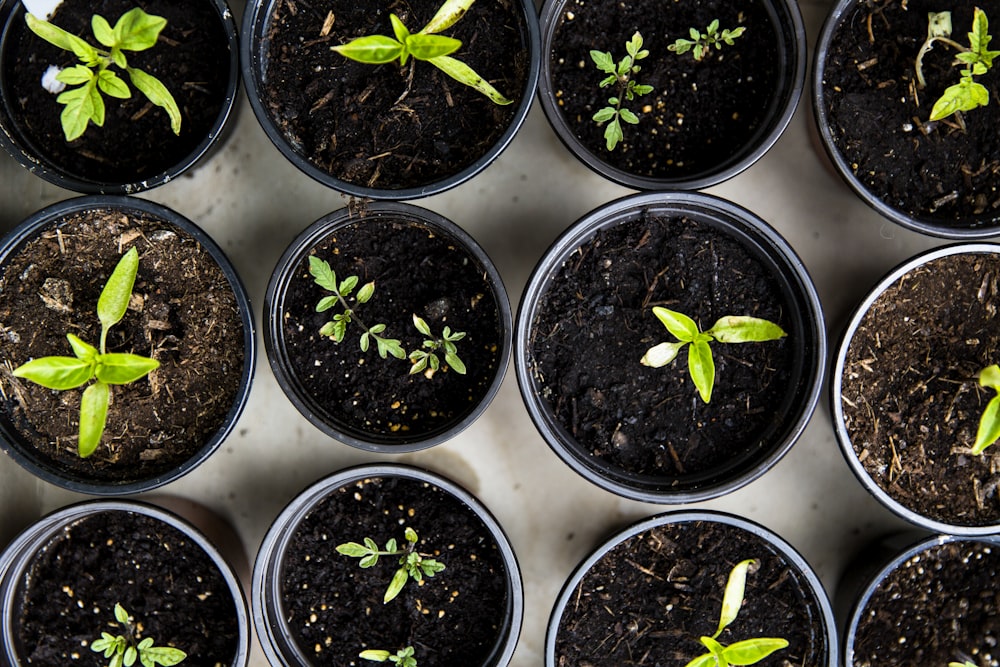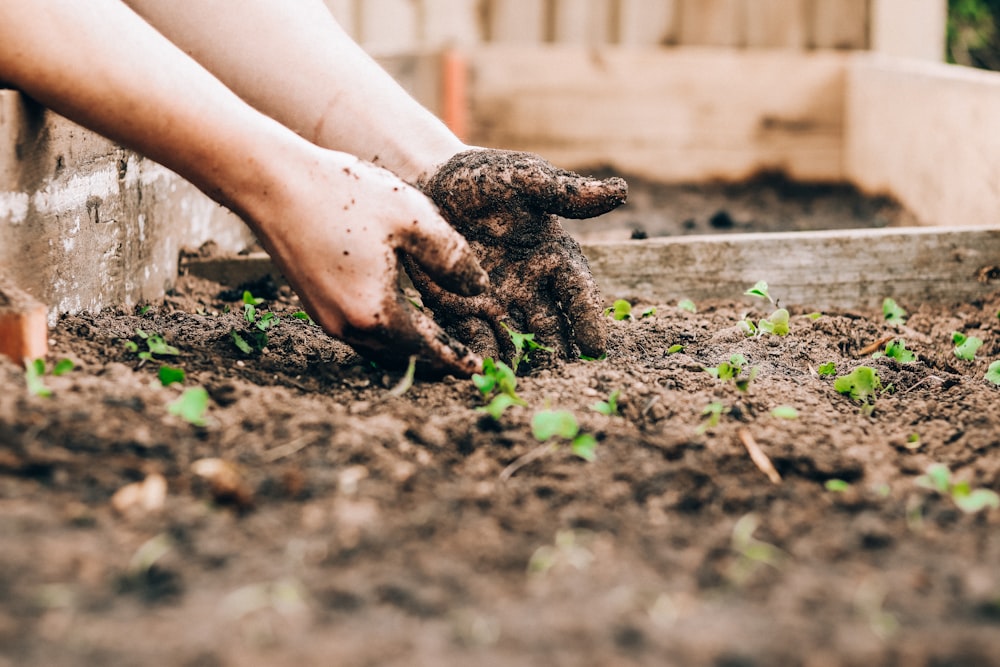Here are effective vegetable gardening tips for beginners. The secret to effective gardening is to equip yourself with some basic knowledge.
The following 10 tips will help you create a productive vegetable garden.
1. Observation
Before you start gardening, you must observe the space that you want to use.
– Does it look big or small and how to make it look larger and more open ?
– Wind direction and wind strength ?
– Light or lots of shade ?
Look at every aspect of a vegetable garden’s requirements and see how you can meet them
– How to have more hours of sunshine?
– Which spots are the longest sunbathing?
– Where is partial shade?
– How will you water the garden?
– How can you use rainwater?
– What is the pH of the soil and other nutrients in it?
– How can you use the space more efficiently and what is the average temperature and in your area falling in?
Record these questions and try to find all the answers. Once you write down the details, your chances of success as a gardener will increase.
2. Prepare your land
Good soil rich in organic matter and rich in nutrients is the basis of a stable and productive vegetable garden. This will allow the development of a strong root system that is less susceptible to disease and can draw nutrients and water from the depths of the soil, the better the plant will grow.
The fastest way to get a good layer of soil is to make a “bed garden”. A tall “bed garden” should be rich in organic matter such as manure, compost. Investing in the construction of a “bed garden” also has economic advantages: its shape allows for the planting of many plants in the same space. It is estimated that the production of vegetable gardens is more than four times greater than that of a standard flat garden.
3. Design and planning
Notice the plants that grow on an area. Analyze their needs and try to grow plants in a way that you can use every inch of space. Think of plants as a block of puzzle pieces that need to be rearranged into a picture for your garden. Consider practical issues such as where will the trees be planted? How can you arrange them to make your garden more efficient and convenient?
Many varieties, such as beans, peas, and bitter melon need a place to climb. Providing them with support in the form of a trellis, trellis or trellis increases the area of the garden as you can grow herbs and other edible plants in their shade.
4. Grow a vertical garden
Grow vertically, especially if you are looking for a solution for your garden space. In addition to saving space, there are many other benefits of growing a vertical garden: less or no fungal diseases, improved air circulation which means healthier plants and higher yields, easier harvesting. .
5. Create a favorable environment
Look for the optimal combination of crops. Try to maintain biodiversity. Grow plants together if they have similar care requirements or they are companion plants.
If you are growing annuals or doing crop rotations or generally planning a new type of garden plant for next season. Plants such as beans and flowers can be grown .
It is advisable to build your own compost bin. This way you will be able to get rid of your organic waste every day and become self-sufficient and get natural fertilizer, compost (organic) also improves the texture of the soil. Use other sources like fertilizer, coffee grounds and kitchen ash to enrich your soil.
6. Grow typical local plants
Traditional local and indigenous plants should be at the forefront of your selection. Because they are easier to grow and more productive, especially for beginners. In general, these crops are also resistant to pests and local weather conditions.
7. Root coating
A thick layer of mulch is also essential for your garden to help retain moisture. Mulch provides warmth on cold days or keeps soil moist on hot days.
8. Watering
Proper watering can increase crop yields and keep many pests away. In general, an adequate supply of water per week including rainfall is sufficient for most vegetables. Although, it is highly dependent on soil type, weather and vegetation.
The most effective way of watering plants in the garden is by using heavy rain pipes and drip irrigation is needed and allows time for the roots to absorb the water. If in case you are growing a vegetable garden in pots, read carefully how to water potted plants.
9. Use of pesticides
Pests and diseases are the most common and undesirable thing that happens to any gardener. The easiest way to kill them is to use chemical pesticides, but do you really want to use them?
Do not use chemical pesticides until the pest can be controlled and also kill beneficial insects and pollinators. By going organic, experiment with natural remedies to see what is effective. Turmeric, garlic, chili, onion, insecticidal soap. Vegetables this oil is useful and repels pests. Remember, you need to be patient and use natural pesticides appropriately.
10. Don’t fertilize too much
Beginner gardeners are prone to making this mistake. They believe that more fertilizer will make plants eat better and healthier. But too much fertilizer can cause root burn, it can unbalance the soil and even kill earthworms and other beneficial soil insects.
Ideally your soil should be tested to find out what nutrients and soil needs are in order to apply fertilizer accordingly.



